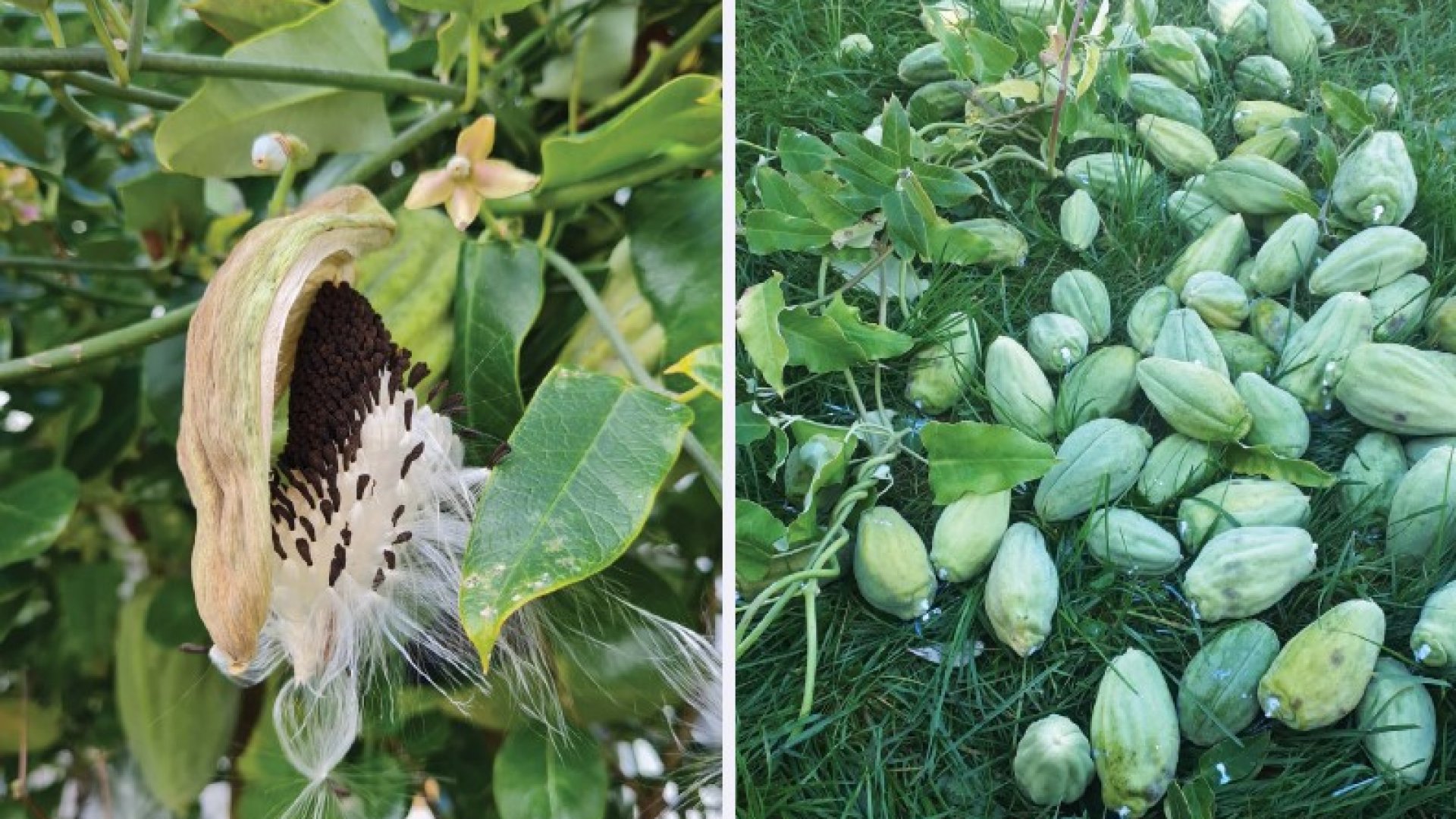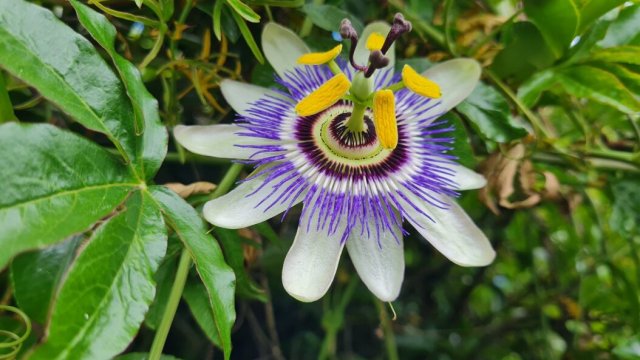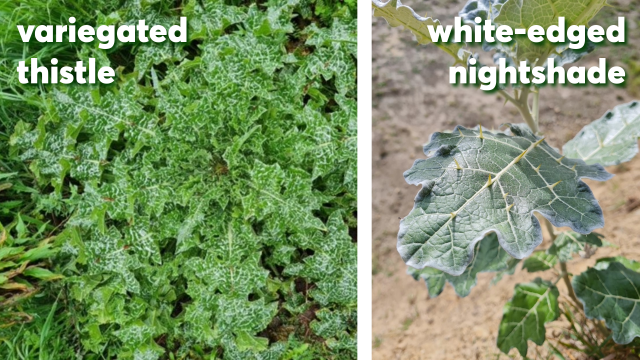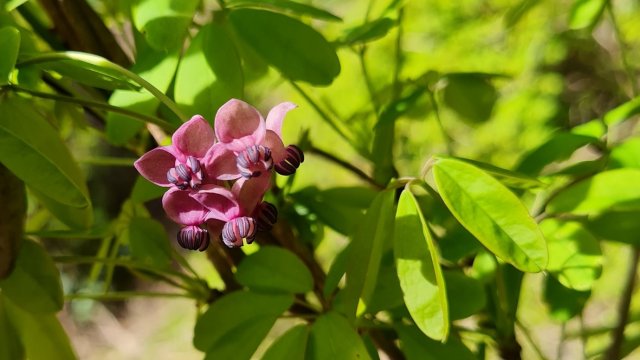Pest Patrol: Moth plant (the original super spreader)
26/04/2023 4:25pm
For those new to Pest Patrol, welcome to our monthly column dedicated to lesser-known biosecurity threats. It’s where we profile weeds and other nasties that we would like you to keep on the lookout for – pests that have yet to become fully established in our region that we want to nip in the bud before they spread and become large-scale problems.
This month we are focusing on moth plant (Araujia hortorum). Moth plant is a problem vine weed that is banned from sale, distribution and propagation in New Zealand. It has already been found at several locations in Nelson and Tasman and is at risk of becoming established here.
The thing that makes the moth plant so weedy is its ability to spread. It’s fast-growing and can rapidly smother and replace native vegetation.
Distinctive, large green seed pods form in autumn and winter making it easy to recognise – the only other vine with large green pods like this is the choko vine.
Moth plant pods release multitudes of wind-dispersed seeds, spreading the problem through neighbourhoods and into the bush – just one pod contains thousands of small black seeds on white fluff. Adapted to survive in many conditions, the seeds can germinate almost anywhere and are viable for many years after they have been released. It readily invades shrubland, forest margins and coastal areas and is also a problem in urban reserves and gardens where it establishes along fences and in hedges, spreading quickly.
Another method of identification is milky sap that will ooze from any broken stem or pod – careful, as the sap is poisonous to humans and pets and likely to cause skin irritation, so avoid direct contact.
If you think you have seen this plant, please report sightings to biosecurity@ncc.govt.nz or 03 546 0200, and a biosecurity officer will be able to assist with control.




